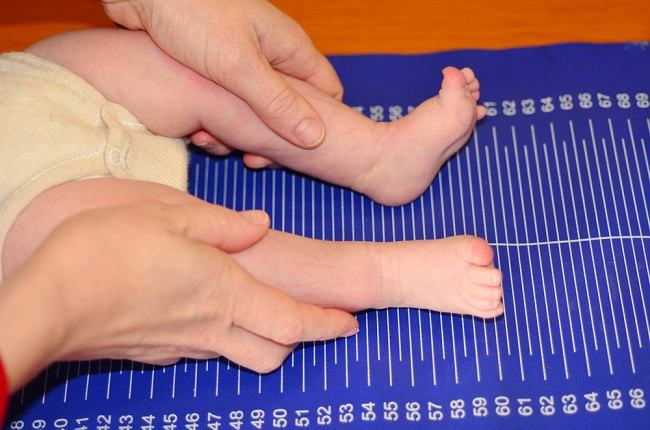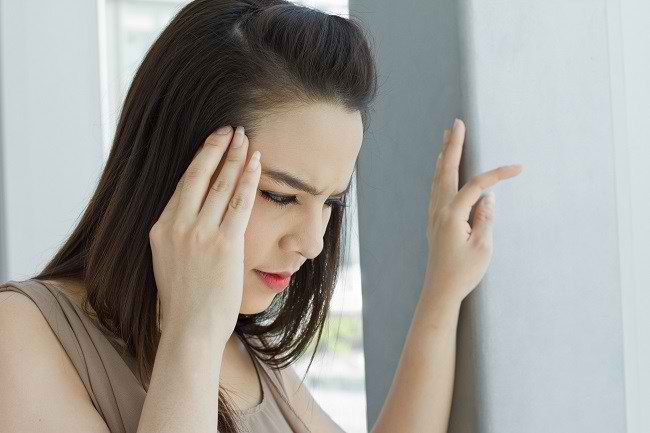Carbidopa is used to treat symptoms of Parkinson's disease, such as tremors and stiffness. To be effective, carbidopa must be combined with drugs to disease Other Parkinson's, such as levodopa and entacapone.
Parkinson's disease is caused by a lack of dopamine in the brain. This condition will cause a series of symptoms, such as tremors, stiffness, and slowed movements.

Carbidopa and entacapone work by helping levodopa to enter the brain, where it is broken down into dopamine. This mechanism of action will help reduce the complaints and symptoms of Parkinson's disease.
Carbidopa trademark: Stalevo
What's thatCarbidopa
| group | antiparkinson |
| Category | Prescription drugs |
| Benefit | Relieves symptoms of Parkinson's disease |
| Consumed by | Mature |
| Carbidopa for pregnant and lactating women | Category C: Animal studies have shown adverse effects on the fetus, but there are no controlled studies in pregnant women. The drug should only be used if the expected benefit outweighs the risk to the fetus. It is not known whether carbidopa is absorbed into breast milk or not. If you are breastfeeding, do not use this medicine without consulting your doctor first. |
| Drug form | Tablet |
Warning Before Taking Carbidopa
Carbidopa should not be taken without a doctor's prescription. In addition, there are several important things that must be considered before taking carbidopa, namely:
- Do not take carbidopa if you are allergic to this drug.
- Do not stop taking carbidopa without consulting your doctor first. The dose of carbidopa should be decreased gradually to avoid worsening of symptoms.
- Do not consume alcoholic beverages while on treatment with carbidopa.
- Tell your doctor if you have a history of heart disease, liver disease, kidney disease, stomach ulcers, mental disorders, blood clotting disorders, sleep disorders, glaucoma, or seizures.
- Avoid driving and engaging in activities that require alertness after taking carbidopa, as this drug can cause drowsiness.
- Tell your doctor if you are pregnant, breastfeeding, or planning a pregnancy.
- Tell your doctor if you are taking certain medications, supplements, or herbal products.
- Tell your doctor if you plan to have dental work or surgery.
- Immediately see a doctor if there is an allergic reaction to the drug or an overdose occurs while taking carbidopa.
Dosage and Rules for Use Carbidopa
To relieve symptoms of Parkinson's disease, 25 mg of carbidopa is combined with 100 mg of levodopa and 200 mg of entacapone. The dose is 1 tablet each time, with a maximum dose of 8 tablets a day.
Please note, the dosage above may vary for each patient, depending on the patient's condition and response to the drug.
How to Take Carbidopa Correctly
Use carbidopa according to the directions on the package and the doctor's directions. Carbidopa can be taken before or after meals.
Take carbidopa regularly to get the maximum benefit of this drug. To help remember, take carbidopa at the same time each day.
Take carbidopa by swallowing the tablet whole. Do not crush or chew first, because it can stain the teeth.
Give enough time lag between consumption of carbidopa and foods or supplements that contain iron, because iron can reduce levels of carbidopa absorbed by the body.
If you forget to take carbidopa, do it as soon as you remember if the break with the next schedule is not too close. When it is close, ignore and do not double the dose.
Carbidopa Interactions with Other Drugs
Do not take carbidopa if within the previous 14 days you have used monoamine-oxidase inhibitor (MAOI) drugs, such as isocarboxazid, because it can cause fatal side effects.
To avoid the effects of drug interactions, do not take carbidopa at the same time as the following medicines:
- Antipsychotic
- Antihypertensive
- Antihistamines
- Sleeping pills
- Antianxiety
- muscle relaxant
Carbidopa Side Effects and Dangers
Carbidopa rarely causes side effects. Usually, the side effects that arise are caused by taking levodopa with other drugs. These side effects include:
- Uncontrollable facial muscle movements, such as eye twitching, chewing movements, or moving the tongue, without realizing it
- Daze, hallucinations, changes mood and behavior, depression, or suicidal ideation
- Falling asleep at inappropriate times, such as while working, eating, or driving
- Muscle stiffness, high fever, heart rhythm disturbances, or fainting
- The color of sweat, urine, and saliva turns darker
- Tremors that are getting worse
- Nausea, vomiting and severe diarrhea
- Dizziness or headache
- Tongue is burning
- dry mouth
- Stomach ache
- Seizures
Immediately consult a doctor if you experience the above complaints or an allergic reaction to drugs such as rash, swelling of the lips or eyelids, and difficulty breathing occurs, after taking carbidopa.









